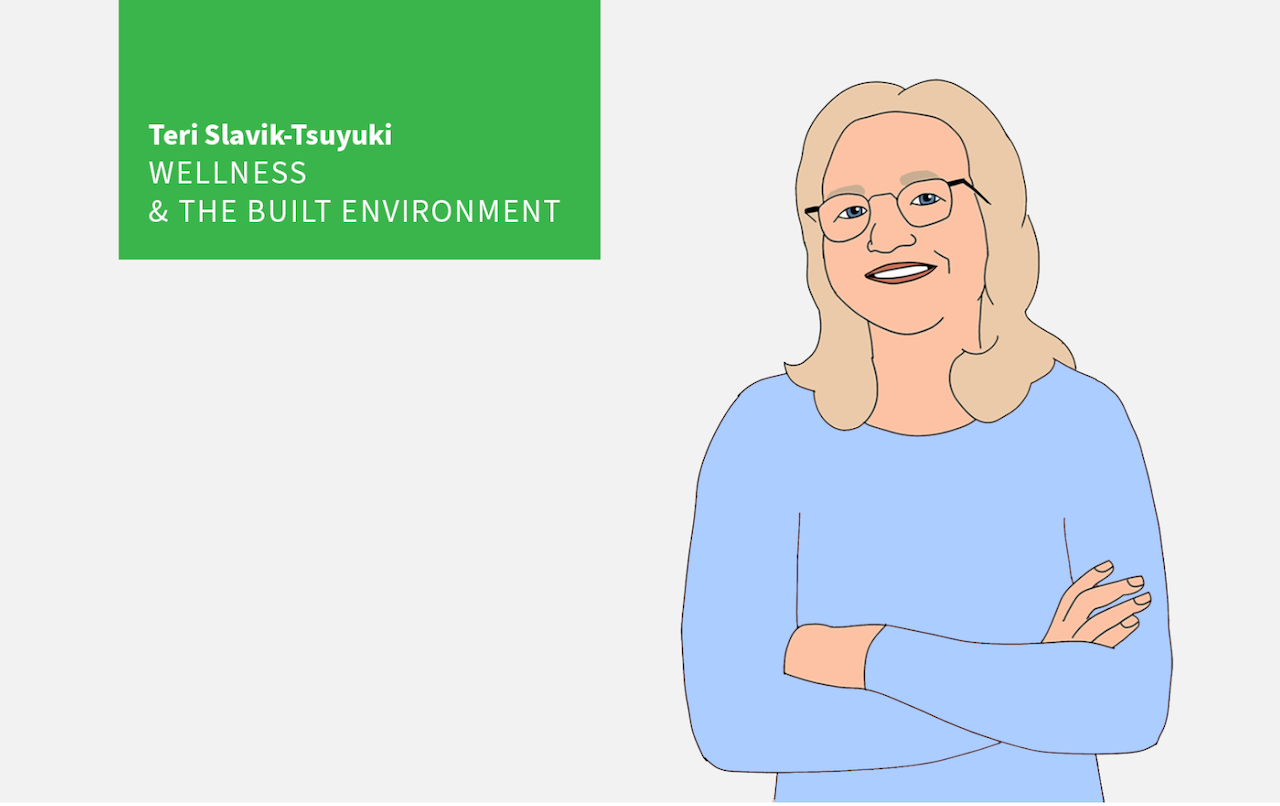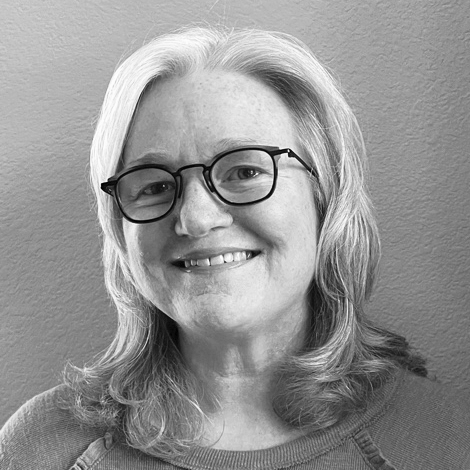Wellness & The Built Environment
Financial Well-Being, A New Frontier In Housing Opportunity
Financial well-being stands out as the least discussed and understood of the worries and pain-points among 3,000 respondents of Wave 3 of the America At Home Study.

Mortgage rates dropped again last week, hovering just above 6% without any fancy financial footwork or rate buydowns. And for the majority of at least the last three years most of the educational content at building industry events presented by architects, planners and designers has shone the light on how to design and build more “attainable” homes, often couched as “how to make smaller floorplans work harder.” We seek solutions to provide homes more people can afford when land value and material costs seem to only go one way and impacts of the labor crisis are real.
In the heat of all the talk about dropping home values, rising inflation and interest rates, we asked 3,000 respondents to Wave 3 of the America at Home Study in October 2022 what they were most worried about. It’s no surprise number one and number two for all respondents related to finances.
- Inflation: ........... 62% (Millennials felt the pain even more at 69%)
- Economy/Jobs: ........... 36%
- Climate Change: ........... 31%
With this as a dominant backdrop compared with other domains of wellness, financial well-being stands out as the least discussed and understood. Yet, it has an outsized influence on people’s abilities to purchase a home. And when we ask our 3,000 respondents to choose the most important area of wellness in their lives, “financial well-being” ranks second, after emotional well-being. To our even greater astonishment, respondents express a 32% delta between their stated level of importance (86%) and the level of satisfaction (at just 49%) in their financial well-being. Fewer than one of every two Americans report that they're satisfied with the level of financial well-being in their lives.
Financial Health vs. Financial Wellness
In their Future of Finance report, Backslash, the cultural intelligence unit of TBWA\Worldwide calls out a potential reason why.
Money has topped the ‘do not discuss’ list for decades – right alongside religion, sex and politics. But a world obsessed with wellness is realizing that the silence around money isn’t making us well. In fact, it’s making us sick.”

Cecelia Girr is the Director of Cultural Strategy at TBWA\Worldwide. In a recent conversation as part of Flourish: A lifestyle inspired well-being series of interviews hosted by Rancho Mission Viejo on different elements of wellness, Girr explains the difference between financial health and financial wellness.
Financial health looks strictly at the numbers. It’s pretty cut and dry and it focuses on the ‘what.’ The health of your wallet, the health of your savings, the health of your investments. Financial wellness is different than that and it looks at how money shows up holistically in someone’s life. Financial wellness really gets to the ‘why.’ There’s so much that goes into it – behavioral hurdles that we have, or patterns that we’ve developed because of how we grew up or because of our demographics, our race, our gender, all of those things play a factor in the way that we spend and the way that we save.”
The full conversation can be found here: Flourish: Rancho Mission Viejo.
Financial Well-being & Home: Millennials vs. Gen Z
Ultimately what we spend on reflects what we value both as individuals and as a society, and that includes where we live. So, in the current bumpy period we find ourselves, time is well spent to figure out exactly what it is new homebuyers value. In the US, homeownership has been considered a rite of passage for generations, with the new home industry banking on the Millennials and Gen Z to continue that belief. In Kantar’s U.S. 2022 Q3 Youth Study, 61% of Millennials said owning your own home is very important, with Gen Z – the oldest is 26 this year – placing even slightly more importance on this at 63%, but perhaps driven by different values.
In the same study, 59% of Gen Z 20–24-year-olds, answered yes to the option “I pay the full balance on my credit card by the due date,” compared with how just 38% of Millennials answered when they were 20-24. This behavior is financial well-being demonstrated in real life, highlighting Gen Z values and a belief that their standard of living will exceed that of their parents. And while money matters may have been taboo for too long, Kantar’s data also reveals more Gen Zers than Millennials say finances were at least sometimes discussed in their household when they were growing up (74% vs. 67%, and even less for Gen Xers at 54%).
All of this foreshadows Gen Z bringing a greater level of financial well-being (holistic behaviors and attitudes around money) to how they approach decisions about home. They are less likely than older generations to just accept what is – from the home product available to the traditional paths to ownership – and they will expect to understand and be proactively involved in the value equation of such a large financial decision.

TBWA\Worldwide’s Girr highlights three tenants of financial well-being related to home purchase:
- Balance. Do I want that dream home right away? Younger and first-time buyers ask themselves, ‘what do I want my house to fulfill? Do I want that big house, or do I want something that is a size that I can handle? Do I want something that I can potentially monetize so I can also enjoy experiences in my life?'
- Transparency/Honesty. Buyers are staying open about the way they feel about a big purchase and the situation they are in. This helps address the options available and means weighing the expense head-on and with bravery.
- Proactivity. Thinking and talking about it in advance to make sure they are in the right headspace when thinking about making a commitment like that and making sure what they buy ticks all the boxes in their value equation.
The rising cost of housing during a time where disruption is the new norm and consumers are not feeling particularly financially well gives homebuilders and community developers an opportunity to present different options and to present them transparently. TBWA\Worldwide’s Girr notes:
The bottom line is people are thinking differently about buying a home. And this change in thinking is really big and it’s positive. As we become more open in talking about money and its hold on us, people are opening themselves up to the idea that the traditional money milestones may not work for them or their life—whether it’s too heavy of an expectation or just not necessarily what they want or need to live a healthy and happy life. More specifically, this is challenging the idea of homeownership and the traditional way of doing it. And with that, we’re seeing a rise in non-traditional ways of purchasing a house where individuals are looking to buy houses with friends, crowd-vesting, looking into apps that facilitate co-ownership, even rent-to-own and try before you buy solutions. People are asking themselves: what do I really need this home for and what do I want it to fulfill for me?"
The cost of buying or renting is one thing. The cost of operating a home is an ongoing consideration that gets more focus than ever. From ways to conserve energy and track monthly savings, to making hard choices about the costs of operating your life if it requires too much time in a car, these are key decisions about whether and where to rent or own, and what to rent or buy. And while consumers weigh these decisions against how much money it saves, they are equally as concerned with the impact these decisions have on their personal health and well-being overall.
Financial well-being cannot be uncoupled from its direct impact on emotional, social, and physical well-being and it may finally be getting the airtime it deserves.
Since 1873, Kohler Co. has been improving the level of gracious living by providing exceptional products and services for our customers’ homes and their lifestyles.
MORE IN Wellness & The Built Environment
Rezoned For A Future That Bridges Timely, Timeless Values
Nolen Communities put in the work to turn a coastal California site into a thriving 20-acre agrihood, Fox Point Farms.
TBD Case: Here Is A Build-To- Rent Wellness Community Model
A look at how Zeal for Living aims to boost the health and well-being of renters.
A Look Back To Move Forward As Partners In Environmental Wellness
It’s our job now to stay close with our customers, and to collaborate. To create great places -- good for people and the planet -- we need to break down barriers against adopting an innovation by focusing on its value to our customers and the cost – and value – to our businesses.


